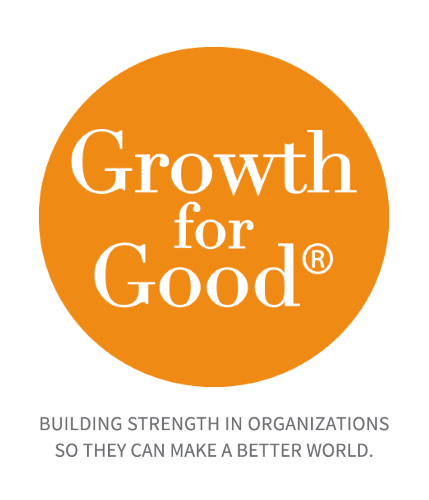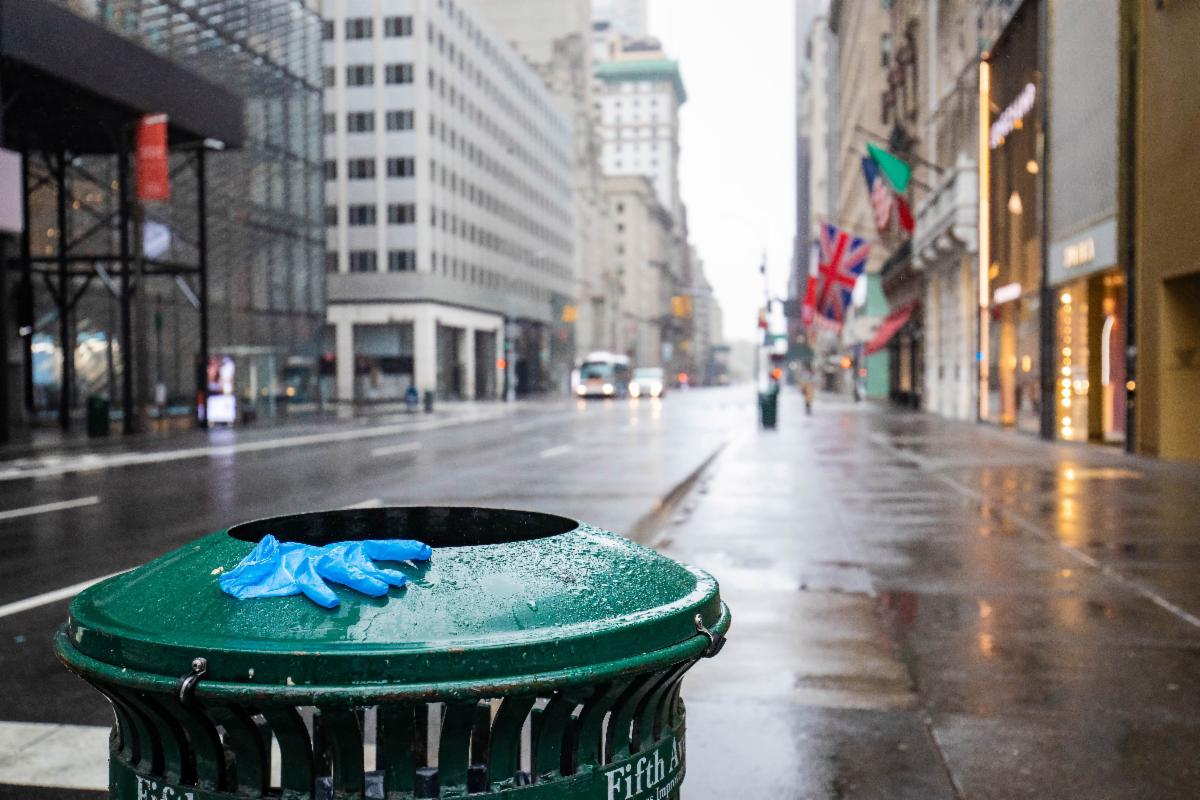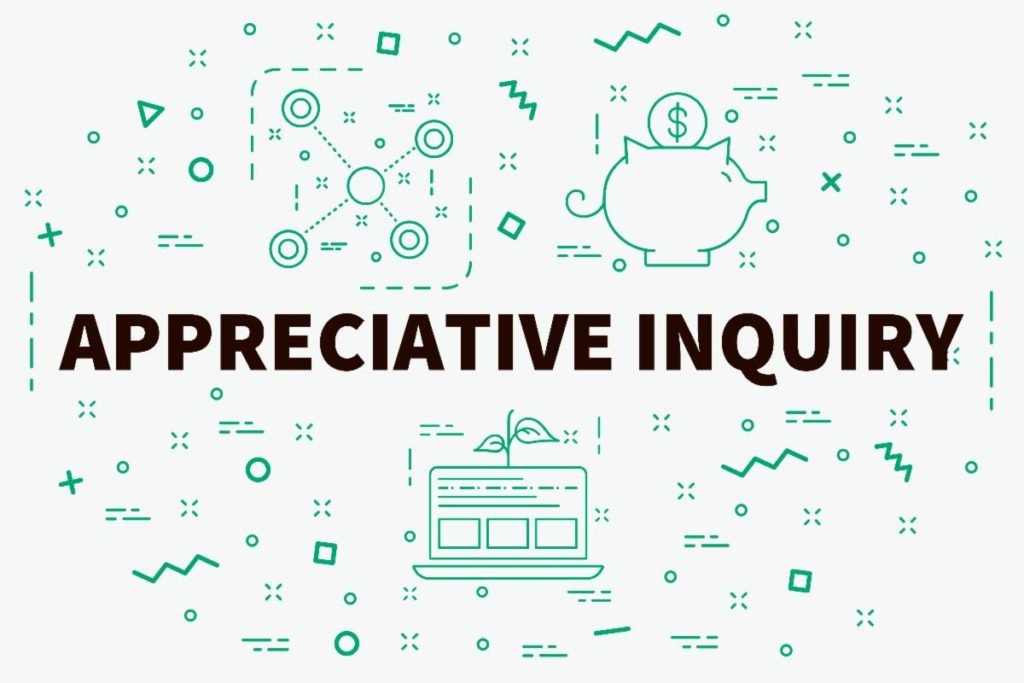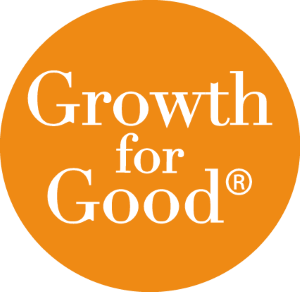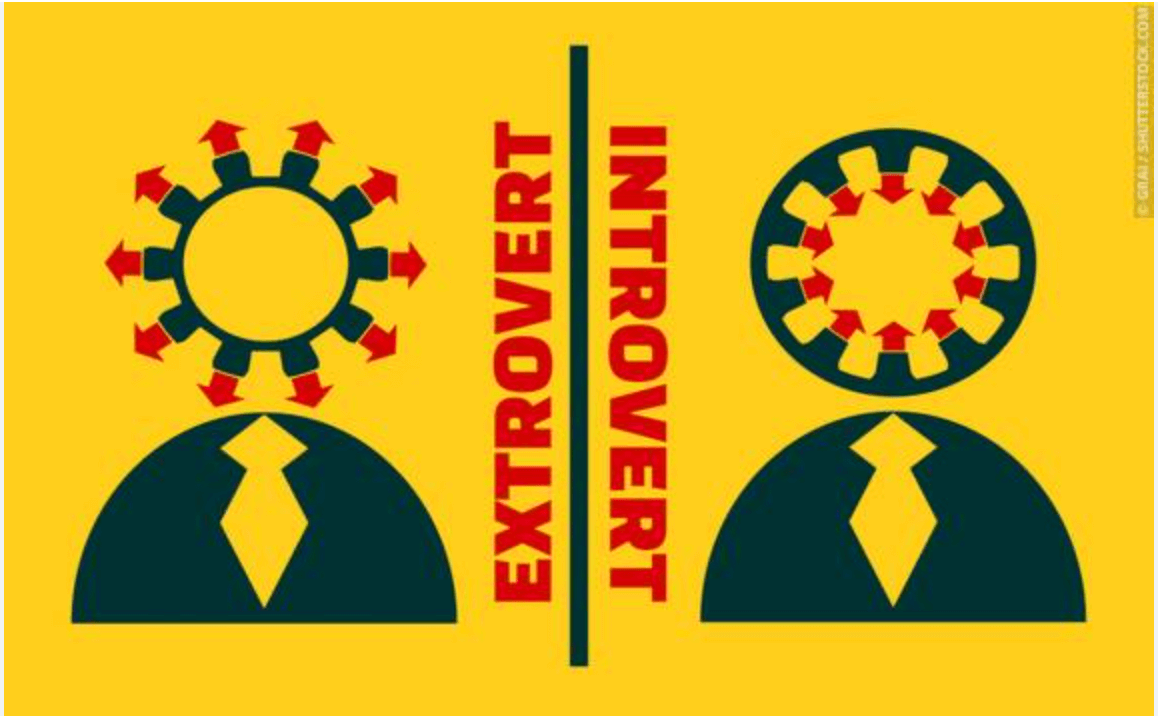For Nonprofits and Nonprofit Consultants – 2020 vs 2023 Emerging from the Pandemic
One of our favorite bloggers, Gotham Gal, aka Joanne Wilson posted a short article contemplating the world as we emerge from the Covid pandemic. If you don’t read Gotham Gal, you should! Joanne Wilson’s life is focused on making the world a better place, in line with Growth for Good’s company purpose. And she publishes some great recipes! In her article, she responded to key questions we all should contemplate as we emerge from the COVID pandemic. Our answers to the same questions are below. We encourage you to pick a couple of the questions and share your answers on our Growth for Good LinkedIn page. We are so curious to hear how our colleagues are emerging from this unprecedented time.
Where were you in March 2020?
Is there a moment that stands out in your memory?
Katherine remembers being in a leadership meeting of her client, The Town Hall, in the first week of March 2020. The first case had been announced in New York State. Town Hall’s board leadership had developed a sequenced and stepped Covid policy and plan for shuttering the venue based on the number of individual cases and the number of other institutions that might close. At this point, we still believed that closure would not be necessary. If we did have to close, we would have a four-week runway for implementation. Approximately a week later, Town Hall closed completely. Leadership’s swift decision-making was difficult and laudable. Growth for Good immediately suspending our capital campaign contract with Town Hall indefinitely. The immensity of the immediate loss of future income—ours, and all of our clients’— was overwhelming. How on earth would we all navigate this?
What about the early days of lockdown do you remember most?
Growth for Good was in spring gala season, with contracts to produce six events. After the lockdown, our days were spent in meetings with executive directors, grappling with what to do. Some believed that the shutdown would only last a month or two and that their gala scheduled for May or June would proceed as planned. Others immediately postponed to the fall of 2020. Some brave souls ventured into planning and executing virtual events.
We spent countless hours on calls with clients, helping to make what we hoped were wise choices. We blogged about pivoting, securing emergency public funding, and producing virtual fundraisers. Above all, we counseled, “do not stop fundraising.” Fundraising events are less transactional than most think. People enjoy going to an event, but they are equally motivated to contribute. Our foundational belief would prove to be true over and over again in 2020 and 2021. The following two years saw record-breaking fundraising nationally. Anecdotally, our clients – at least those who put their feet under their desks and kept on fundraising – were rewarded for their perseverance. Regular people’s commitment to philanthropy was and is inspiring. We saw it up close and personally.
Were you with or separated from your family?
In one of our households, the college-aged kids came home. In the other household, they could not. Both scenarios had pluses and minuses. Lessons learned about how to get along living under one roof, as well as lessons in being independent, were both valuable for the young adults in our lives.
How did you adapt to the lockdown? Was there a silver lining?
Growth for Good had functioned out of our home offices for a very long time. We have a co-working space in Manhattan, but we are primarily with our clients at their offices or working from our home offices. So this new “home office” working arrangement was not novel to us. All of a sudden, Katherine had a houseful of people and had to adapt to the distractions. Katherine’s mother, a journalist, had always worked from her home office. The sign on her mother’s office door read: “When this door is closed, do not knock. Do not open the door. In case of fire, DIAL 911.” A similar do not disturb policy was enforced to during work hours during the pandemic.
The Silver Lining?
Time with our young adult families was an incredible blessing, as were the lessons of independence and co-existence that they gained. From a professional perspective, we had the opportunity to stretch out and learn many new skills. We both became experts at virtual events and meetings. Katherine invested time and money in hours of professional development learning Appreciative Inquiry, an assets-based methodology for strategic planning. We both learned so much about digital communications and Zoom-based events.
While we are happy to see the virtual events in the rearview mirror, virtual meetings—especially board meetings—are a significant improvement. We now espouse that boards should meet in person only once a year and virtually the rest of the year. While efforts to build collegiality and genuine working relationships among board members must be prioritized, at least three quarterly board meetings should absolutely happen online. We are seeing much-improved board meeting participation rates due to virtual meetings. We still urge our clients to plan for in-person casual social events with board members. Face-to-face communications are still key for building strong relationships.
Finally, the lessons our clients learned about fundraising continue to pay dividends. We have always believed that the most impactful fundraising is hand-to-hand combat. The pandemic proved the point. Through our sister company, Search for Good, we help hire development directors and executive directors. Our first interview question often is, “Tell us about your most successful year from a fundraising perspective?” For the past year, about 98% of the time, the answer describes 2020 and 2021 and how they had to pivot, get laser focused, and call board members and donors directly. Those who reached out and directly contacted their donors to ask for support were rewarded with record-breaking fundraising years. This is a valuable reminder not to get too far away from the direct personalized ask. Even the most well-written and designed mass mail letters or emails can end up in the round filing cabinet, Spam or Promotions. A direct person-to-person email or letter is still the most effective touch. Fundraising is a personal business. Developing asking strategies that keep it personal is the winning strategy.
Has the COVID era affected your work or professional aspirations?
At Growth for Good, we are now more than ever focused on helping our clients at the strategic level. While we remain a hands-on consultancy, helping to set the right strategy, tactics, and benchmarks is more crucial than before. We are braver about voicing our opinions. We continue to aspire to build a stronger nonprofit sector. We love Appreciative Inquiry based strategic planning and its potential to strengthen the nonprofit sector.
Do you have any family experience to share?
Families in the 21st century are no longer confined to the conventional or traditional definition. They take all forms and shapes. Katherine’s family annexed a friend who was all alone during the pandemic. The individual became part of Katherine’s pod and came over daily to work at their busy multi-generational co-working space. This individual joined in for many meals, trips to the pool, and walks. Everyone in the family enjoyed the company. It felt like nothing at the time. The individual to this day says that being annexed into a family was a lifesaver. To this day, Katherine’s family feels that they were the real winners, not the adoptee. An important and constant reminder of how important ordinary human connection is – for all of us.
How have we changed as a society-what stands out for you?
Hopefully, our world sees how interdependent we all are. Problems are just tangled knots that we have to untangle. Also, as a society, we can solve unanticipated gargantuan challenges. We can remain hopeful for the future, having become familiar with our resiliency.
What are some of the changes you have made that stick to this day?
With the preponderance of Zoom meetings, in 2020 suddenly, we found ourselves in back-to-back Zoom meetings all the time. Something had to give. The need to be more intentional about the work week became imperative. We find scheduling one meeting-free day a week to catch up on writing and thinking work helps.
On a lighter note, in the past, conference calls were the primary way we held meetings from home, allowing for messy desks and uncombed hair. The endless Zoom or Google Meet meetings with “video on” have resulted in neater desks, brushed hair, and dressing for work, at least from the waist up. We are never giving up our home-office yoga pants!
What will you remember most about these years?
That we made it. That we can come together and address seemingly insurmountable difficulties. That real human connection cannot be replaced.
How do you feel about “going back to normal”—do you feel or sense a resistance to it?
How do you feel about ‘going back to normal’-do you feel or sense a resistance to it?
There is no “normal.” Instead, there is a “new normal.” We embrace it!
How do you feel about NYC?
In the new normal, New York has too much office space and insufficient housing— especially affordable housing—a looming crisis of significant proportions. New Yorkers are strong people who love their city and work together to achieve results. The nightly 7 p.m. clanging of pots and pans and cheering out of apartment windows and off of fire escapes each day as healthcare workers changed shifts was proof positive of this indelible spirit. The value placed on outdoor space and the preponderance of outdoor dining and pedestrian walkways is a considerable improvement. All problems can be solved. New York’s future looks bright.
Recent Posts
Subscribe to Our Newsletter
* These fields are required.
Contact Us
500 Summit Avenue
Maplewood, NJ 07040
P: 973-762-7645
E: contact@growthforgood.com
